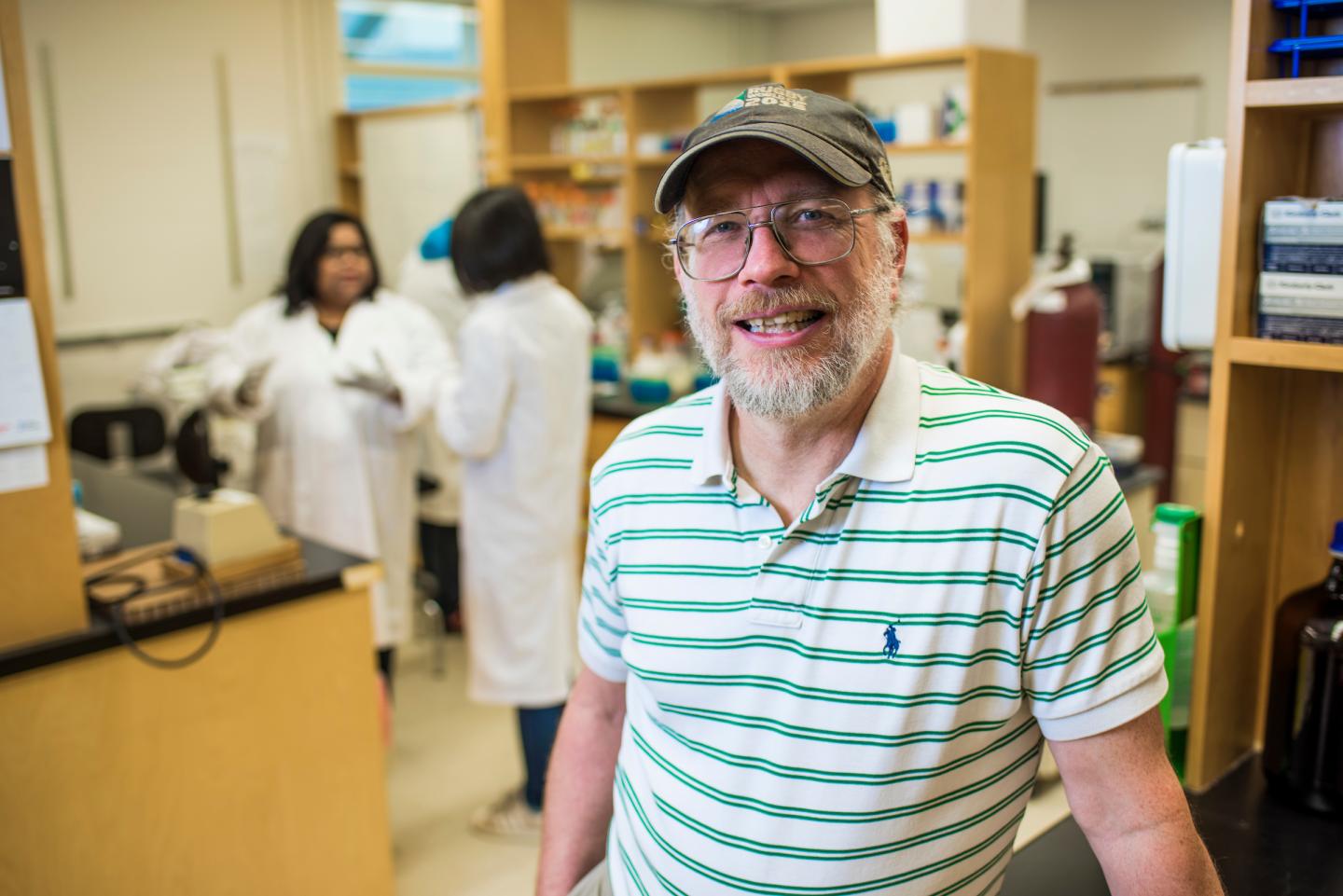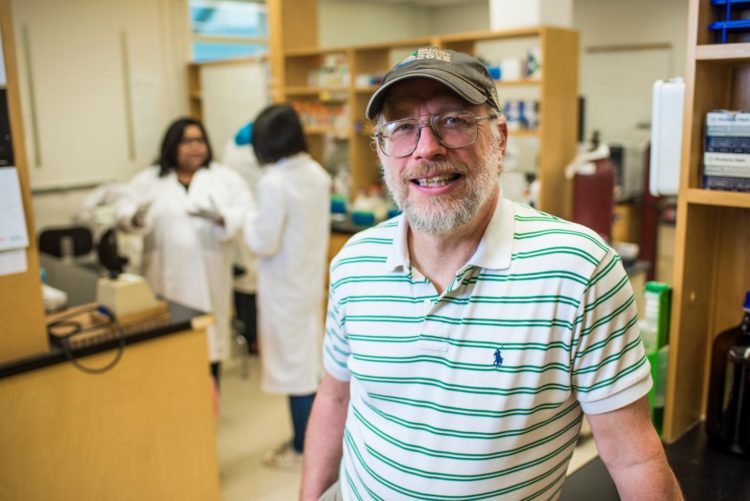New study from the University of Alberta suggests that diseases such as many cancers, diabetes, and Alzheimer’s have a genetic contribution of 5 to 10 per cent at most

Credit: John Ulan
In most cases, your genes have less than five per cent to do with your risk of developing a particular disease, according to new research by University of Alberta scientists.
In the largest meta-analysis ever conducted, scientists have examined two decades of data from studies that examine the relationships between common gene mutations, also known as single nucleotide polymorphisms (SNPs), and different diseases and conditions. And the results show that the links between most human diseases and genetics are shaky at best.
“Simply put, DNA is not your destiny, and SNPs are duds for disease prediction,” said David Wishart, professor in the University of Alberta’s Department of Biological Sciences and the Department of Computing Science and co-author on the study. “The vast majority of diseases, including many cancers, diabetes, and Alzheimer’s disease, have a genetic contribution of 5 to 10 per cent at best.”
The study also highlights some notable exceptions, including Crohn’s disease, celiac disease, and macular degeneration, which have a genetic contribution of approximately 40 to 50 per cent.
“Despite these rare exceptions, it is becoming increasingly clear that the risks for getting most diseases arise from your metabolism, your environment, your lifestyle, or your exposure to various kinds of nutrients, chemicals, bacteria, or viruses,” explained Wishart.
Wishart and his research collaborators suggest that measuring metabolites, chemicals, proteins, or the microbiome provides a much more accurate measure of human disease risk and are also more accurate for diagnosis. The findings fly in the face of many modern gene testing businesses models, which suggest that gene testing can accurately predict someone’s risk for disease.
“The bottom line is that if you want to have an accurate measure of your health, your propensity for disease or what you can do about it, it’s better to measure your metabolites, your microbes or your proteins–not your genes,” added Wishart. “This research also highlights the need to understand our environment and the safety or quality of our food, air, and water.”
###
The paper, “Assessing the performance of genome-wide association studies for predicting disease risk,” was published in PLOS ONE (doi: 10.1371/journal.pone.0220215).
Media Contact
Katie Willis
[email protected]
780-267-0880
Original Source
https:/
Related Journal Article
http://dx.





